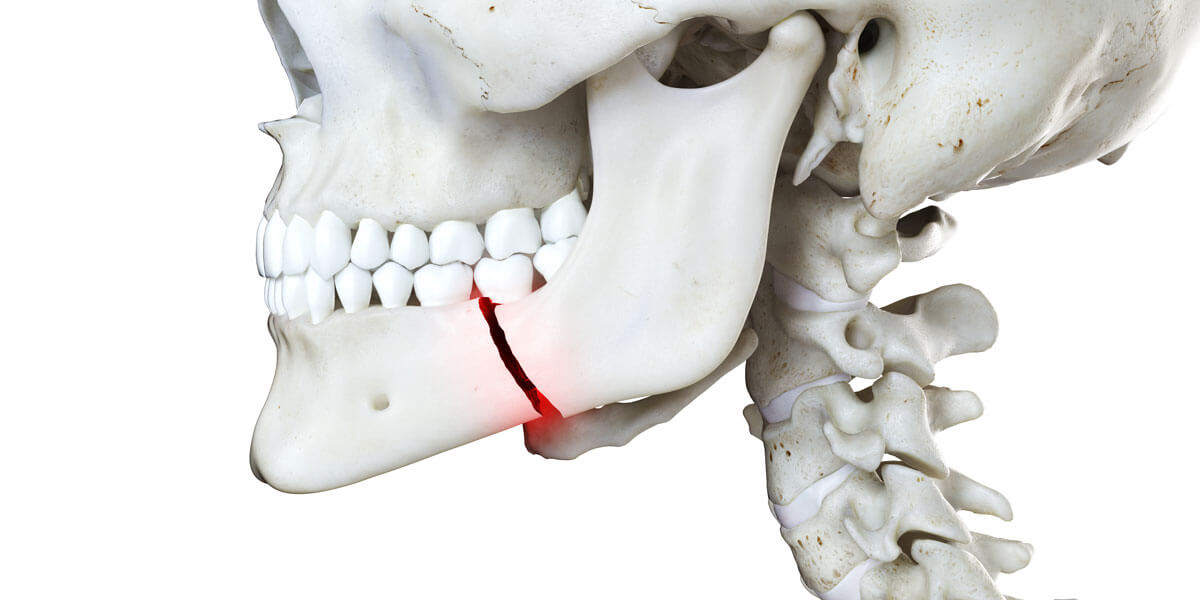
An injury to the face is termed facial trauma. The upper jaw (maxilla) and other facial bones can be affected. Maxillofacial injuries, midface trauma, facial injuries and LeFort injuries are some types of facial trauma. Consulting a doctor when experiencing facial trauma is mandatory to avoid further complications. Visit a clinic/ hospital in Pune to consult a dentist in case of facial trauma.
What are the Causes of Facial Trauma
The cheek, upper jaw, eye socket, lower jaw, nose, and forehead can all be affected by facial trauma. The following are some of the most frequent causes of facial injuries:
- Sports injuries
- Accidents involving automobiles and motorcycles
- Violence
What are the Symptoms of Facial Trauma
Symptoms of facial treatment are as follows:
- Facial expression changes
- Facial bones that are deformed or unequal
- Breathing through the nose is difficult due to oedema and bleeding
- Blurry vision
- Teeth missing
- bruising or swelling around the eyes that affects vision
If you have these symptoms, you should contact the best dentist in Pune.
What are Exams and Tests Associated with Facial Trauma
A physical exam will be performed by the health care professional, which may reveal the following:
- Nose bleeding or mouth and eyes bleeding
- Nasal congestion
- Bruises on the surface of the skin
- Bruising or widening the gap between eyes
- Upper and lower teeth that are not correctly aligned. Movement of the eyes or changes in vision
The following can indicate bone fractures:
- Strange sensations on the cheek
- Touching the face reveals abnormalities
- Movement of the upper jaw when the head is still
- A CT scan of the head and facial bones may be required
What is the Treatment of Facial Trauma?
Surgery is required if the injury hinders normal function or significant deformity. The purpose of the surgery is as follows:
- Stop the blood flow.
- Check to see if your airway is clear.
- Treat the fracture and repair the damaged bone parts.
- Avoid scarring if at all feasible.
- Avoid long-term double vision, sunken eyes or cheekbones.
- Other possible injuries should be eliminated.
- Treatment should be started as soon as possible if the person is stable and does not have a neck fracture.
What are the Possible Complications?
Complications of facial trauma are as follows:
- Face bleeds unevenly
- Infection
- Brain and nervous system problems
- Brain and nervous system problems
- Eyesight loss or double vision
Conclusion
Facial trauma can result in skin lacerations, burns, nasal cavity or sinus obstruction, injuries to the orbital (eye) sockets, jawbone fracture and missing or shattered teeth.
Treatments for facial trauma include airway management, haemorrhage control, oedema reduction, infection prevention, bone fracture repair, lacerations or soft tissue injury repair and reconstruction. It is best to consult the dental specialist in Pune if you have any symptoms.
Request an appointment at Apollo Dental, Pune Call 1800 1020 288 to book an appointment OR click on this link
It may take 5 to 7 days for the swelling to go down and 10 to 14 days for the bruising to fade. It may be hard to eat at first..
Facial trauma is a facial injury. The facial bones, such as the upper jaw bone, may be affected (maxilla).
Acute trauma is caused by an incident. Chronic trauma is caused by repeated domestic violence or abuse. Many traumatic incidents cause complex trauma.


















































